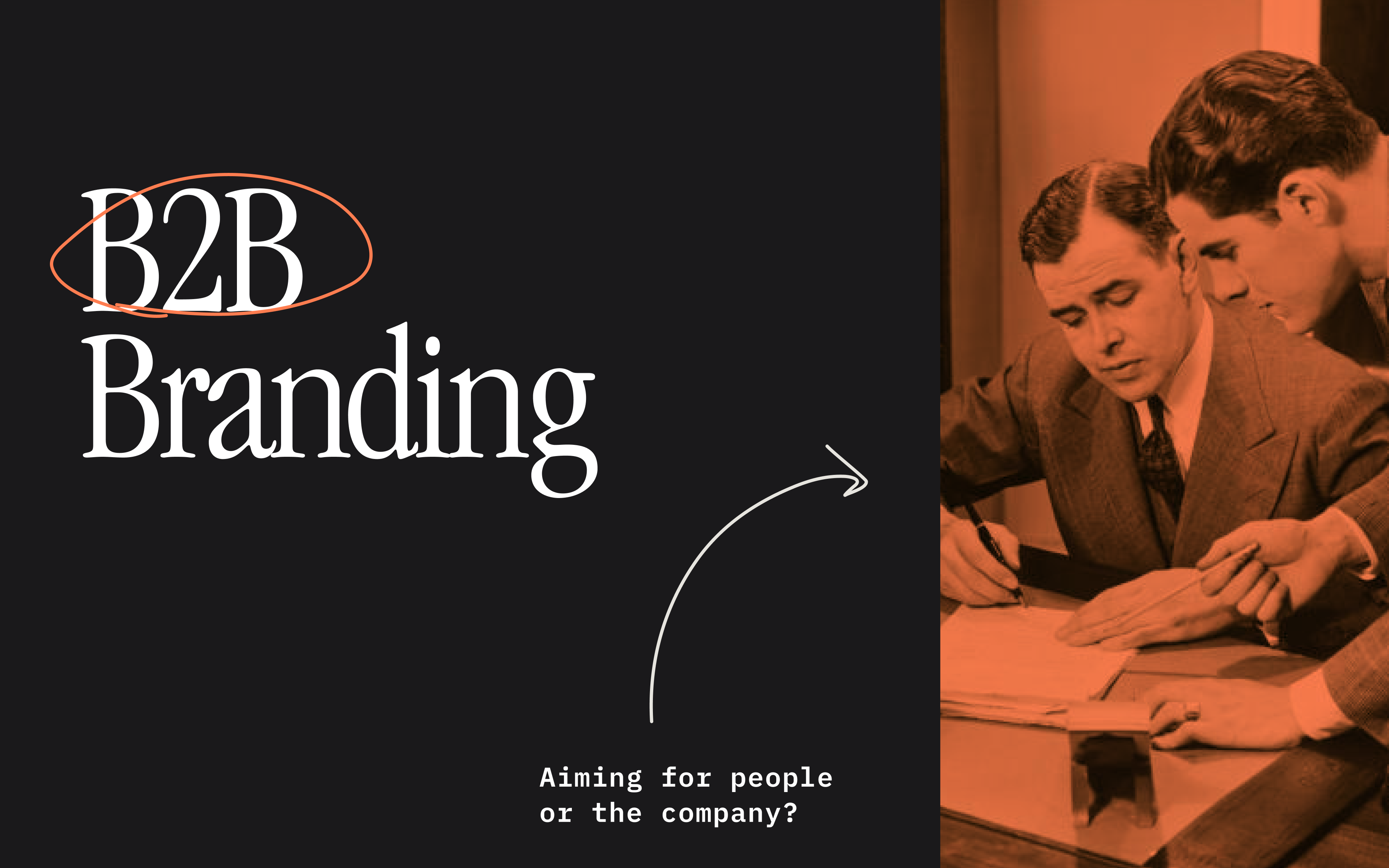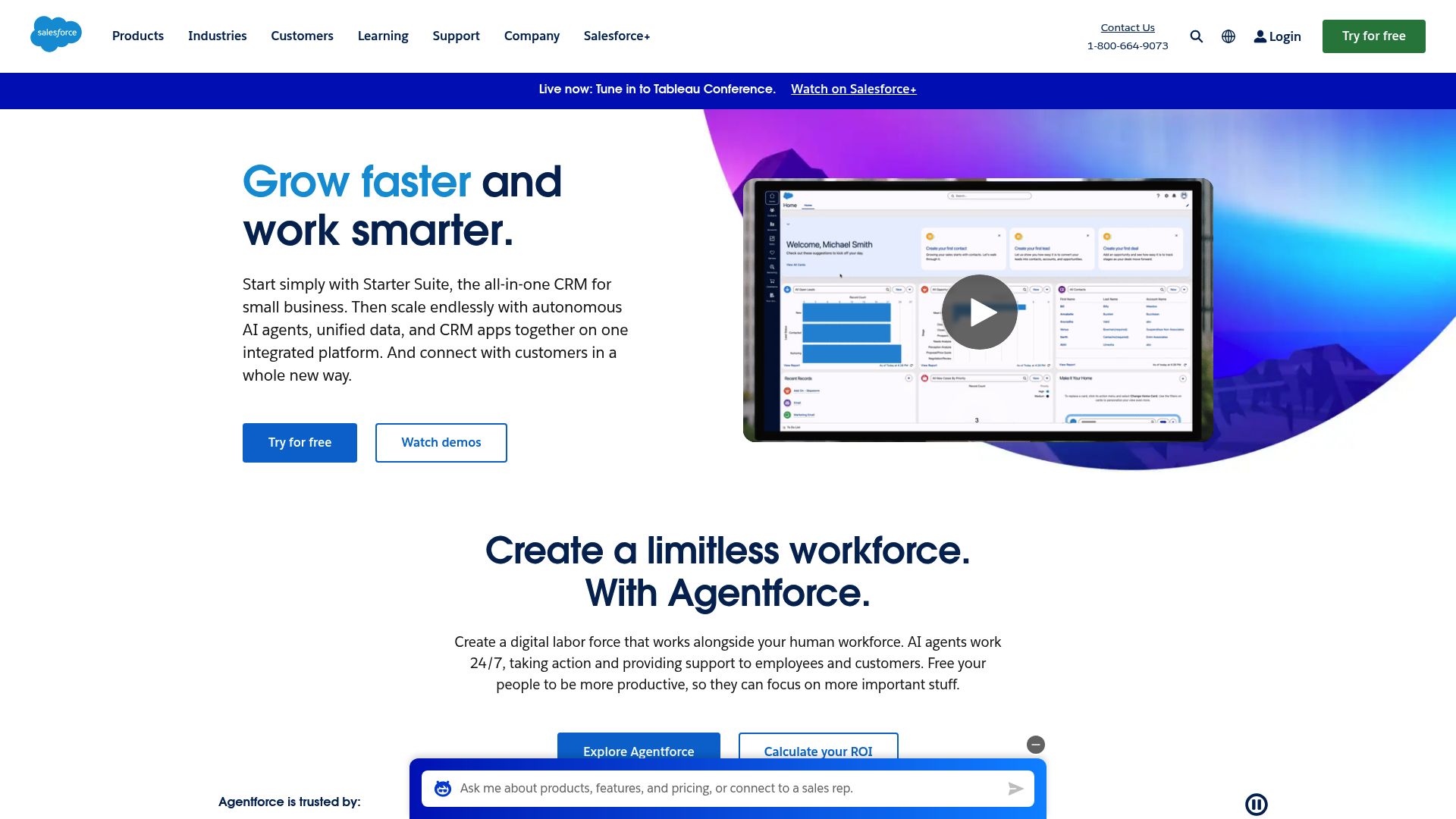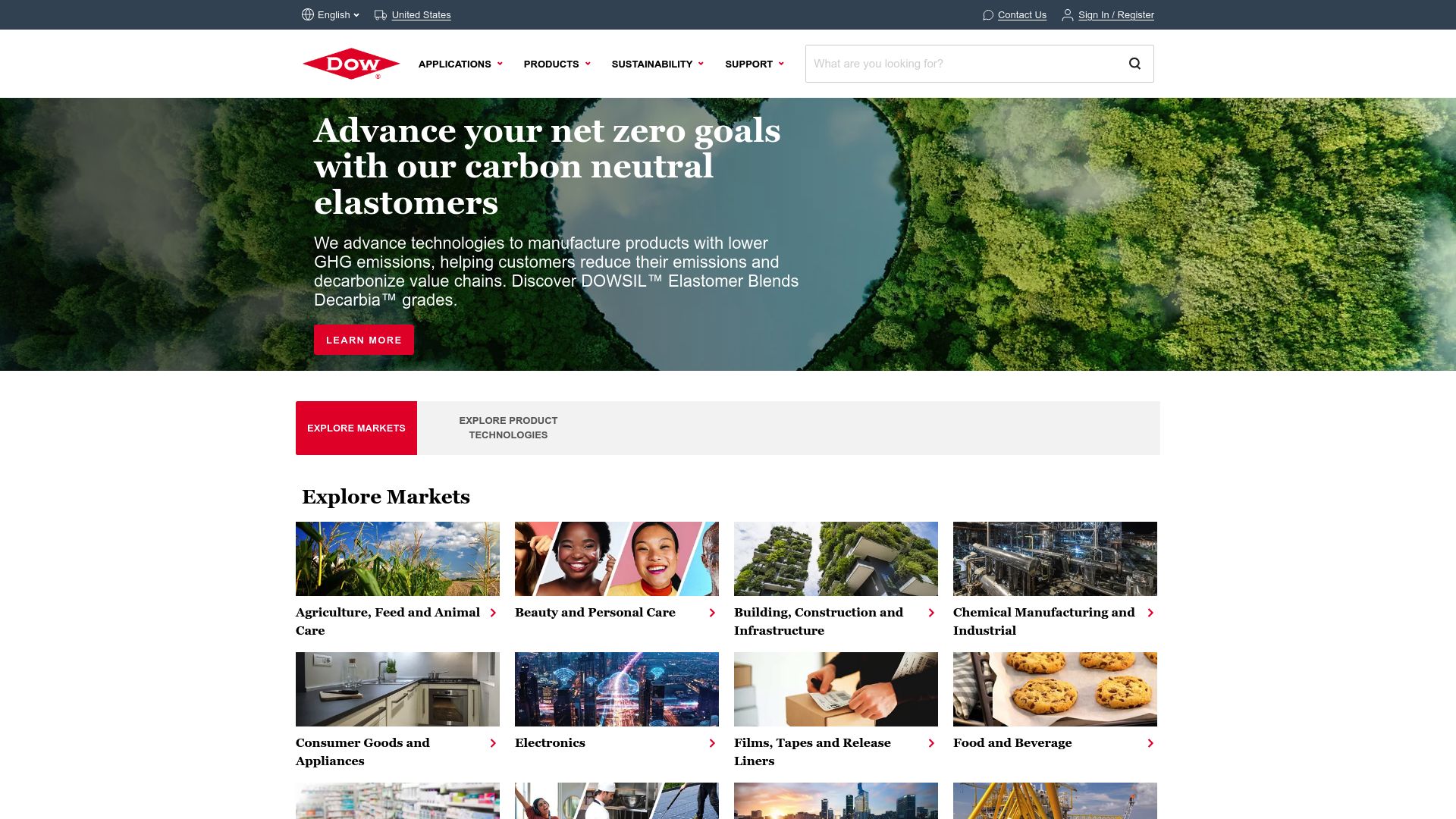
In the middle of 2025, b2b branding is gaining unprecedented importance for businesses aiming to thrive. In today's competitive environment, a strong B2B brand isn't just a nice-to-have—it's a must-have. Why? Because standing out is crucial.
We all know the marketplace is crowded. Distinctive branding strategies are no longer optional; they’re essential. They help companies carve out their unique space amidst fierce competition.
But here's the thing: B2B branding goes beyond logos and taglines. It's about creating meaningful connections. It's about understanding your clients' needs and aligning your brand to meet them. Businesses need to focus on crafting compelling narratives.
These narratives should not only capture attention but also build trust and loyalty. In essence, b2b branding is your ticket to staying relevant and competitive in a rapidly changing world.
Imagine you're crafting a story that speaks directly to other businesses. It's about creating a brand that resonates not just with consumers but with other companies. Why is this crucial? Because businesses rely on solid, trustworthy partnerships.
B2b branding helps you build those connections by showcasing your expertise and reliability.
Now, how does this differ from B2C branding? Well, while B2C focuses on emotional appeals to individuals, B2B targets the logical side of businesses. It's about understanding complex decision-making processes and crafting a brand that aligns with those needs. In B2B, you're not just selling a product; you're offering solutions and forging long-term relationships.
When it comes to strong b2b branding, there are a few key elements to keep in mind:
Remember, a consistent brand message across all platforms reinforces your identity. In the end, b2b branding is all about being genuine and reliable in every interaction.
In the realm of b2b branding, brand equity is a powerhouse. It's all about the perceived value your brand brings to the table, which can significantly boost your company’s worth. Why does this matter? Because strong brand equity is a key driver of growth. When businesses think of your brand first, it opens the door to more partnerships and opportunities.
Brand awareness and associations play a crucial role in building this equity. Think about it: a well-known brand often enjoys a loyal customer base and can command premium pricing. According to recent research, aspects like marketing and human resources are vital in enhancing your B2B brand equity. So, if you're looking to elevate your brand, focus on these areas.
Now, how can you use brand equity to fuel growth? Here’s a simple strategy:
By leveraging b2b branding, you can transform brand equity into tangible growth. Just remember, it’s about nurturing these relationships and consistently delivering on your brand promise.
Brand awareness is the backbone of effective b2b branding. It's what gets your company noticed and keeps it top-of-mind when decision-makers are ready to buy. In B2B markets, where decisions are often complex and involve multiple stakeholders, having a recognizable brand can be the deciding factor. But how do you increase your brand visibility and ensure recall among target audiences?
For more tips on building trust and authority, check out this comprehensive guide on B2B branding strategy.
Trust is a cornerstone of b2b branding, deeply intertwined with brand awareness. When a business recognizes your brand, it feels more confident in choosing your products or services. This confidence directly influences purchasing decisions. How does brand awareness support trust?
By strategically boosting your brand awareness, you're not just increasing visibility—you're laying the groundwork for trust, which is key to successful b2b branding.
Creating a robust b2b branding strategy is like crafting a tailored roadmap for your business. You start with research. Dive deep into industry trends, understand your competitors, and identify gaps in the market. This foundation informs every decision you make. Next, pinpoint your target audience. Who are they? What do they need? Knowing your audience inside out is crucial.
Once you have this clarity, move on to brand positioning. This is where you define how you want to be perceived in the market. Are you the innovative leader or the reliable partner? Your positioning shapes your messaging and guides your marketing efforts. Remember, a successful b2b branding strategy aligns with your business goals and paves the way for sustainable growth. For more insights, check out 10 Key Strategies for B2B Brands to Succeed in 2025.
Crafting a compelling brand strategy involves key elements:
Align these components with your business objectives. When your brand's purpose and vision harmonize with your goals, you create a cohesive and powerful b2b branding strategy that propels your business forward.
Establishing a unique market space is all about brand positioning. It's where you carve out a niche that makes your business memorable. You want your b2b branding to speak directly to your audience, whether they're actively searching or just exploring options. So, how do you achieve this?
First, understand your audience's pain points and aspirations. Speak their language. Your messaging should be clear and relatable, addressing their specific needs. Next, differentiate yourself. What makes you unique? Highlight these aspects in your positioning.
Consider this: in-market buyers are looking for immediate solutions. Tailor your b2b branding to address their pressing needs. For out-of-market buyers, focus on building awareness and interest. Showcase your expertise and long-term benefits.
Remember, effective brand positioning isn't just about what you offer. It's about making your audience feel understood and valued. When done right, your brand becomes the go-to choice in the market.
Distinctive brand assets are like the visual tools in your b2b branding toolkit. Think of logos, color palettes, and brand codes. These elements do more than just look good—they stick in people's minds.
A strong logo serves as the face of your brand. It's the first thing people recognize. Color palettes evoke emotions and associations. Choose wisely to reflect your brand's personality. Consistent use of these elements builds recognition and trust.
Imagine seeing a familiar logo. It reassures you of the brand's reliability. That's the power of distinctive assets. They differentiate you from competitors and keep you top-of-mind. In essence, these visual cues are vital in creating a cohesive and memorable brand identity.
As we look to 2025, businesses need to fine-tune their b2b branding strategies to stay ahead. Here are some actionable approaches:
Salesforce nails b2b branding with its strategic positioning. They focus on customer success, making clients feel supported and valued. By consistently adapting to market needs, Salesforce keeps its brand fresh and relevant. Their secret? Listening to customer feedback and integrating it into their branding approach. This strategy not only maintains high brand salience but also fosters loyalty and trust. Salesforce proves that understanding client challenges and addressing them head-on is key to thriving in competitive markets.

B2b branding success at GE stems from their unwavering consistency and authenticity. They communicate a clear, reliable message across all channels, which strengthens trust. GE's branding focuses on innovation and reliability, emphasizing their role as a leader in the industry. They maintain transparency in all operations, reinforcing their reputation as a dependable partner. This approach has cemented GE's enduring recognition and trust in the business world. Their consistency in branding ensures they remain a top-of-mind choice for clients.
Dow Chemical excels in b2b branding by spotlighting technology and innovation. They leverage cutting-edge solutions to differentiate their brand. Dow's focus is on creating innovative products that meet market demands, keeping them ahead of the curve. By emphasizing their technological prowess, they attract clients seeking advanced solutions. This strategy not only elevates their competitive edge but also builds a forward-thinking brand image. Dow's commitment to innovation showcases their adaptability and foresight in a dynamic market.

As you look to elevate your B2B branding strategy for 2025, remember the power of a distinctive brand identity that truly resonates with your target audience. Embracing consistency and authenticity can set your brand apart in competitive markets, building trust and driving growth.
At Lunour, we specialize in creating these impactful brand experiences, blending creativity with strategic storytelling to ensure your brand not only stands out but thrives. Ready to redefine your brand positioning and captivate sophisticated audiences?
See work to discover how we can elevate your brand.